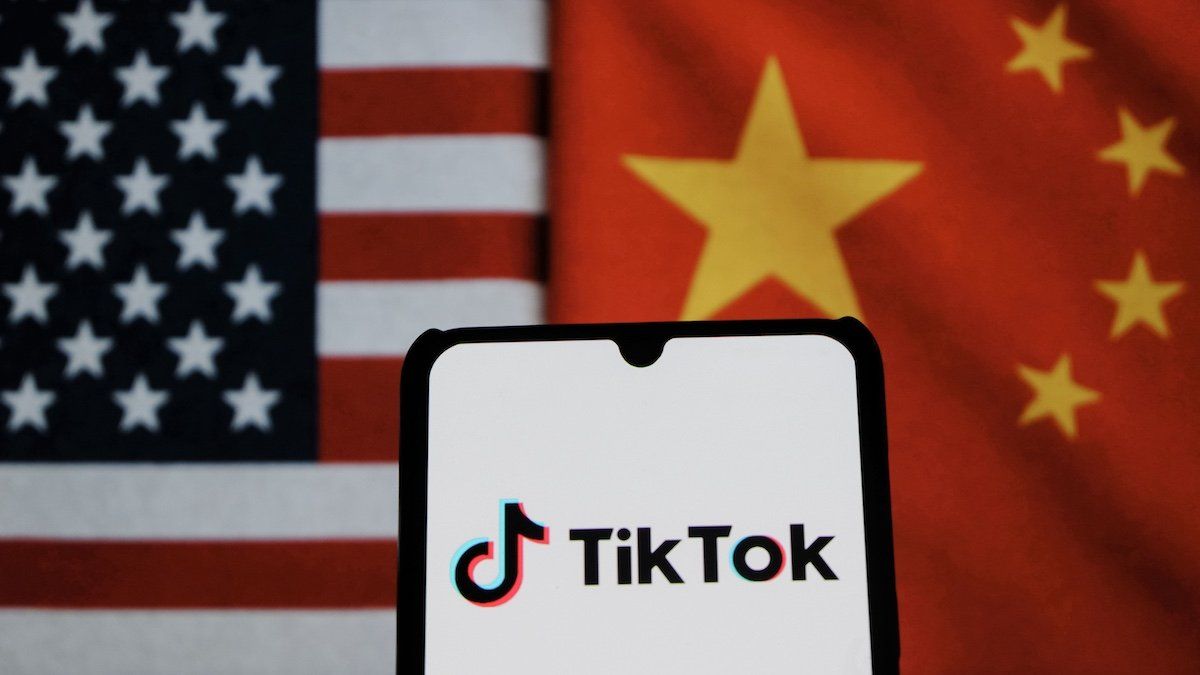The world’s most powerful pairing talk TikTok and trade
US President Donald Trump and Chinese President Xi Jinping reportedly discussed how they can keep TikTok online in the United States and whether they can ease trade tensions during a phone call Friday morning, their first since June. The topic of trade is a thorny one, most recently due to disputes over Nvidia chip purchases. As for TikTok, the two superpowers were expected to finalize a deal for the sale of the social media app – a consortium of US firms is set to control the company. If the TikTok deal is completed, it’s possible that Trump and Xi could meet in person during the Asia-Pacific Economic Cooperation summit being held in South Korea around Halloween.
EU introduces new sanctions on Russia
The European Union rolled out its 19th sanctions package to squeeze Russia’s war chest, pledging to end Russian liquified natural gas (LNG) imports by early 2027, blacklist 560 oil tankers, and target crypto platforms and Chinese firms doing business with Moscow. The package still needs to gain the approval of the 27-member bloc, but is expected to be adopted, and comes as Trump has said he is ready to sanction Russia but only if European nations stop purchasing Russian oil.
Is the US about to return to Afghanistan?
Trump
declared Thursday that he wants the US military to regain control of the Bagram air base, a move that would return American troops to Afghanistan four years after withdrawal from the Taliban-held state. The move is all about China: the US has become increasingly wary of Beijing’s growing stockpile of nuclear weapons, and Trump highlighted the base’s proximity to the Asian giant as a reason to take it back. Actually regaining Bagram would require cooperating with the Taliban, a once-hostile foe of Washington. The two sides have been talking, but the noises
right now suggest that a return to Bagram won’t be easy.
